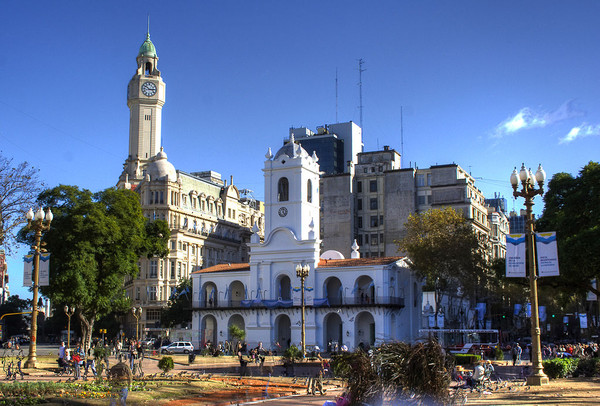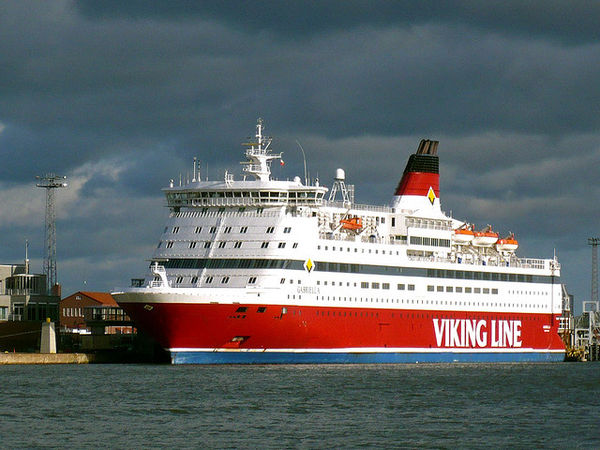How to Make Sure You Get The Most for Your Bucks
Travelling is a way to broaden your mind and develop your experiences, but you don’t want to have to wait until you’re old and grey and have saved up your whole life for your trip, and nor do you want to come home and be unable to broaden your mind with any new experiences at home either because you’ve spent all of your savings and are in holiday debt. Instead, if you are planning to travel overseas, use the following tips to help your money take you further.
Save Before You Leave
There is no doubt that no matter how far you can stretch your money while travelling overseas, there will be some months, and even years of savings ahead of you before you set off. However, making savings before you leave also means making your money go further when you are booking your holiday. To help you save when you are travelling overseas, don’t get caught out by last minute expenses such as taxes, which may not have been included in the prices of cheap tickets, but must be paid before you leave.
You also want to make sure you are using a genuine travel booking website, as not only will this ensure that your holiday will be there when you need it, but a reputable and established company will be able to help you check off all of those extras you may not think about, but which could save you money when you travel overseas, such as travel insurance.
Set a Budget
Having a holiday budget when travelling overseas will help you get the best value out of your experiences. If you plan where you will be spending your holiday money, and how much you will spend on each experience or in each city you visit then you can make your money go further. For example, you will know you can’t afford the luxury of a taxi back to your hotel and instead catch a bus, so you can afford the tour you want to go on the following day.
Free Cover
While it is important to have complete travel insurance, you can make your money go further when travelling by knowing where you can access free cover. For example, if you are travelling through Europe you can obtain a European Health Insurance Card which will entitle you to free or discounted healthcare.
Also make sure that you receive any vaccinations you need from your GP before you leave as if you leave your vaccinations late or try to organise them while you are travelling you will pay more.
Payment Methods
When it does come time to pay for your purchases when you are travelling, you don’t want to have to allow for additional fees and charges every time you spend. Therefore, you need to know which payment method will save you the most. Whether you ultimately decide to use traveller’s cheques, a credit card or a debit card, it is always a good idea to get some local currency as well, for smaller items such as taxis, food and tipping.
* Traveller’s cheques. A traveller’s cheque is a lot like a regular cheque where you pay for them in advance, sign them, and sign them again when you exchange them at a purchase. Traveller’s cheques are also a safer way to carry your money as you can report their loss or theft to your provider if you have noted the serial numbers of the cheques.
* Credit or debit card. Paying with plastic can also be a safe option as you don’t have to carry cash with you, and Visa and Master Card are accepted worldwide. However, make sure you check the foreign currency exchange fees and the foreign transaction fees which your cards charge on each transaction and ATM withdrawal.
* Prepaid cards. You can charge a prepaid card with a currency of your choice, and this not only makes the payment method affordable as you don’t have to worry about currency conversion charges, you can also budget more easily as you are limited to the amount of your holiday budget on the card. Make sure you compare the application and transaction charges, and how much it costs to top up the card if you need to.
Shopping
We all like to gather souvenirs from our travels so chances are you’re going to be doing a bit of shopping on your overseas holiday. One of the benefits of travelling overseas is the access to the duty free shop. However, before you travel, compare the websites of duty free shops to see whether items are cheaper at the airport of your own country, or if you should make your purchases before you return. If you buy your duty free purchases at your home airport when you return you also won’t have to carry them on and off the plane or pay for extra baggage allowances.
Taxes
Sales taxes differ between countries, for example the UK charges VAT, Australia and New Zealand charge GST and these costs are not always listed in the shelf or ticket prices. Therefore, research the taxes in your destination before you go, so you’re not taken by surprise at the checkout, and then feel obligated to complete the purchase.
You may also need to pay duty on items you bring back from your travels overseas. While some items are restricted all together, in other cases there are limits to the amount of alcohol, general goods and cigarettes you can bring home before you have to pay taxes on them. Before you leave each country you are travelling through, ask whether they offer tax refunds on taxes such as VAT. If you keep your receipts and your goods are inspected and deemed eligible then you can get back the cost of those taxes on your return.
Financial Security
An overseas holiday can cost you a lot more than you had expected if you are the victim of theft or fraud while you are away. Therefore, make sure you keep all of your important documents such as your passport, driver’s license and insurance policy in a safe place and never leave them in your hotel room. Also be aware of protecting your PIN when you make a purchase or use an ATM, and you’ll be able to sure you are the only one getting the most out of your holiday funds.


